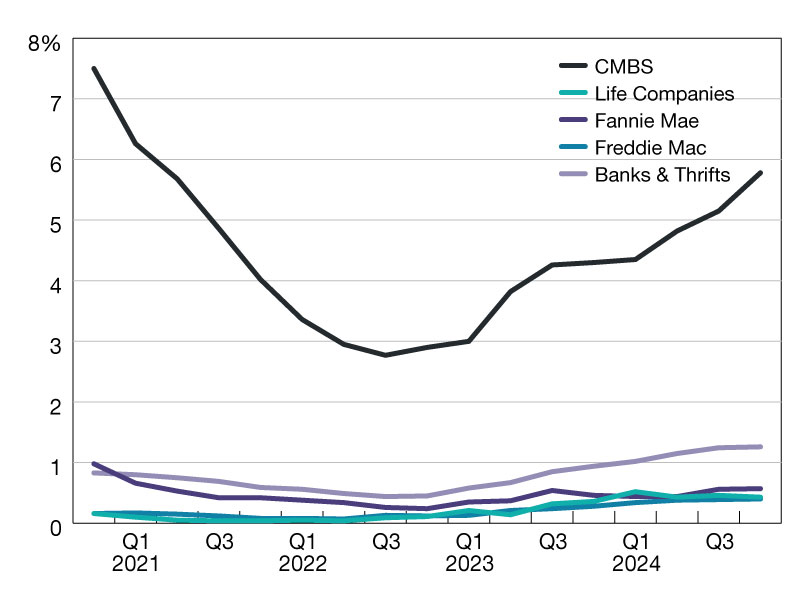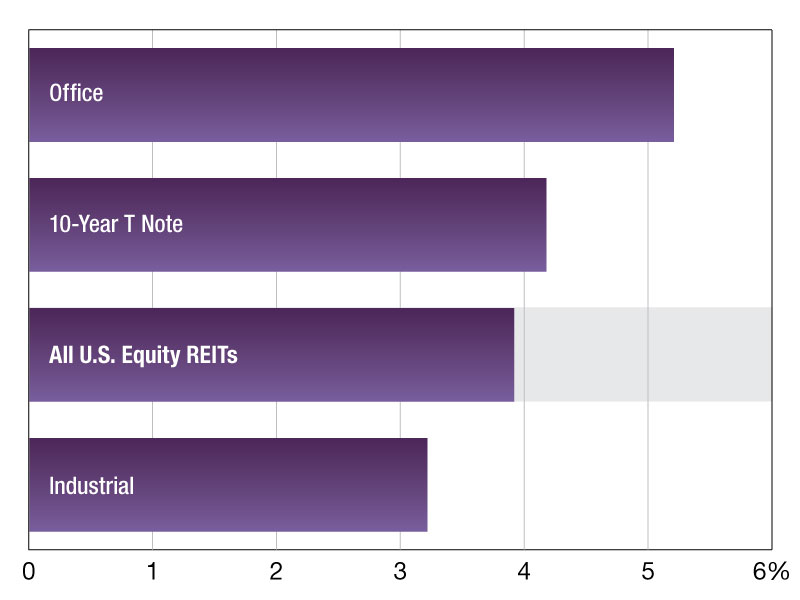Boston Properties Taps Lehman’s Thomas as CEO
Boston Properties has taken the big step in its CEO succession plan with the selection of Owen Thomas to serve as the REIT's CEO.
By Barbra Murray, Contributing Editor
Boston Properties has taken the big step in its CEO succession plan with the selection of Owen D. Thomas to serve as the REIT’s CEO. Thomas, presently Chairman of the Board of Lehman Brothers Holdings Inc., will officially step into the shoes currently occupied by co-founder and executive chairman Mortimer B. Zuckerman on April 2. The appointment comes just over three years after former co-founder CEO Edward H. Linde passed away.
Thomas, who has more than a quarter-century of experience under his belt, is a big name in the industry. During his year-long stint at Lehman, he helped spearhead the behemoth $15 billion sale of the Lehman-owned Archstone Enterprise L.P. apartment investment company to Equity Residential and AvalonBay Communities Inc. Prior to joining Lehman Brothers’ successor company in 2012, Thomas spent 14 years at Morgan Stanley, occupying different roles, including those of president of Morgan Stanley Investment Management, managing director and head of Morgan Stanley Real Estate.
He is certainly well-qualified to take on the role of CEO of Boston Properties, but his selection for the position strikes some in the industry as a tad unusual.
“The interesting thing about that is [Boston Properties] was not very aggressive going in and trying to buy properties for pennies on the dollar when the real estate market collapsed, so bringing somebody in who would have experience on that side of the business so late in the game, to me, was a little bit of a surprise,” David B. Rodgers, senior research analyst with wealth management firm Baird, told Commercial Property Executive. “It has nothing to do with personality or ability; really it’s just more of a timing question. The timing of announcing somebody right now who has unique experience with distressed assets–that’s what got Lehman into trouble–seems much less necessary today. So it’s surprising in a way, although I don’t think it changes the overall strategy of the company.”








You must be logged in to post a comment.